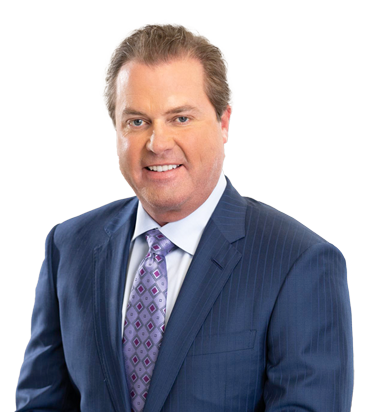Speeding in Commercial Vehicles
When drivers of commercial trucks, buses, or vans exceed speed limits, the likelihood of accidents increases dramatically. Victims of these crashes face significant challenges, from recovering physically to managing financial and legal burdens.
Why Speeding is Dangerous in Commercial Vehicles
Commercial vehicles, due to their size and weight, present unique challenges when speeding. Exceeding Nevada speed limits amplifies these challenges, making accidents more severe and harder to avoid. The dangers include:
Reduced Stopping Distance
Speeding increases the time and distance needed to bring a vehicle to a stop. This delay can result in rear-end collisions or other accidents.
Decreased Vehicle Control
Excessive speed reduces a driver’s ability to control the vehicle, especially during sharp turns or sudden stops.
Greater Impact Force
The weight of commercial vehicles means that even a slight increase in speed dramatically increases the force of impact in a collision, leading to more severe injuries and damage.
Risk of Rollover
High speeds make commercial vehicles, especially those with high centers of gravity like trucks and buses, more prone to tipping over.
Common Causes of Accidents Due to Speeding in Commercial Vehicles
Several factors contribute to speeding in commercial vehicles which result in accidents:
- Tight Schedules: Drivers frequently face pressure to meet strict delivery deadlines, which may lead them to exceed speed limits.
- Driver Fatigue: Tired drivers may speed to compensate for delays caused by mandatory rest periods or traffic.
- Inadequate Training: Drivers who lack proper training may not understand the risks of speeding in a large vehicle.
- Employer Negligence: Companies that set unrealistic schedules or fail to enforce speed regulations may indirectly encourage speeding.
- Overconfidence or Recklessness: Experienced drivers may underestimate the dangers of speeding, assuming they can handle their vehicle at high speeds.
The impact of these crashes can be devastating for victims and their families. Common consequences include severe injuries, extensive property damage, and in some cases fatalities:
Who is Liable in Speeding-Related Commercial Vehicle Accidents?
Determining liability in a speeding-related accident involving a commercial vehicle can be complex. Several parties may share responsibility, including:
- The Driver: Drivers who choose to exceed speed limits may be held directly responsible for their negligence.
- The Trucking or Transport Company: Employers may be liable if they set unrealistic delivery schedules, fail to enforce speed regulations, or neglect to train drivers properly.
- Vehicle Maintenance Providers: Poorly maintained brakes, tires, or other equipment can exacerbate the risks of speeding and contribute to accidents.
- Cargo Loaders: Improperly loaded or overweight cargo can destabilize a speeding vehicle, leading to accidents.
- Manufacturers: Defective components, such as faulty brakes, may place liability on the manufacturer.
How a Lawyer Can Help with a Speeding Accident Claim
If you are involved in an accident caused by a speeding commercial vehicle, a Las Vegas Truck Accident Lawyer can help you navigate the legal process and secure fair compensation. They will:
Investigate the Accident
Lawyers have the resources to investigate and collect evidence such as black box data, speed monitoring records, eyewitness statements, and surveillance footage to establish that speeding caused the crash.
Identify Liable Parties
They will evaluate the roles of the driver, employer, and other potential parties to determine who is responsible for your injuries and losses.
Pursue Full Compensation
Beyond immediate costs like medical bills and vehicle repairs, an attorney seeks compensation for long-term expenses such as lost wages, rehabilitation, and emotional distress.
Negotiate with Insurance Companies
A lawyer will skillfully negotiate on your behalf and protect you from tactics used by insurers to minimize or deny your claim.
Court Representation
If a fair settlement cannot be reached, an attorney will be ready to try your case in court and fight for the compensation you deserve.


